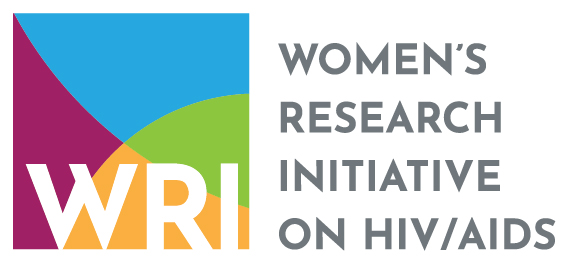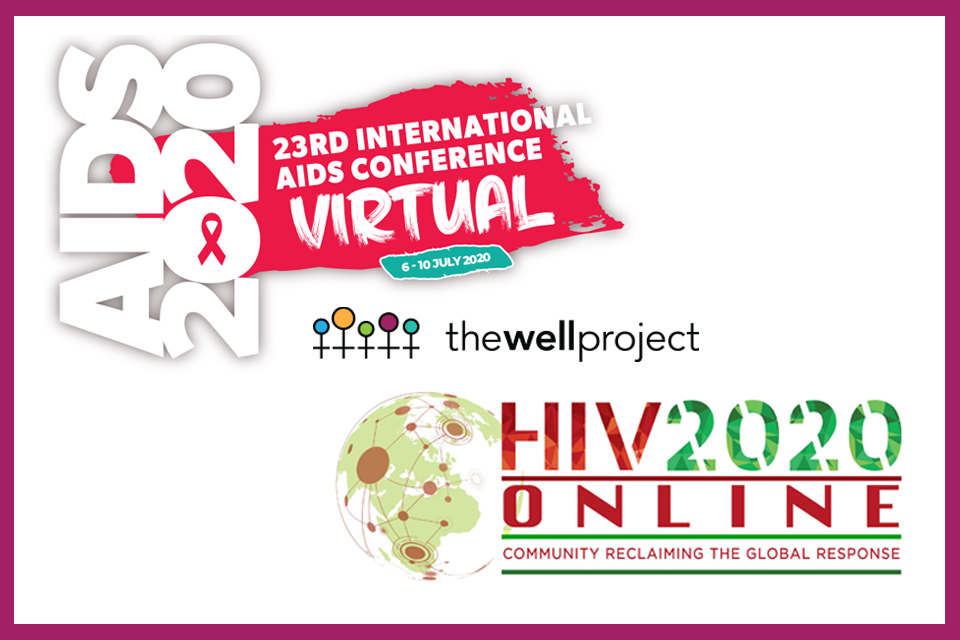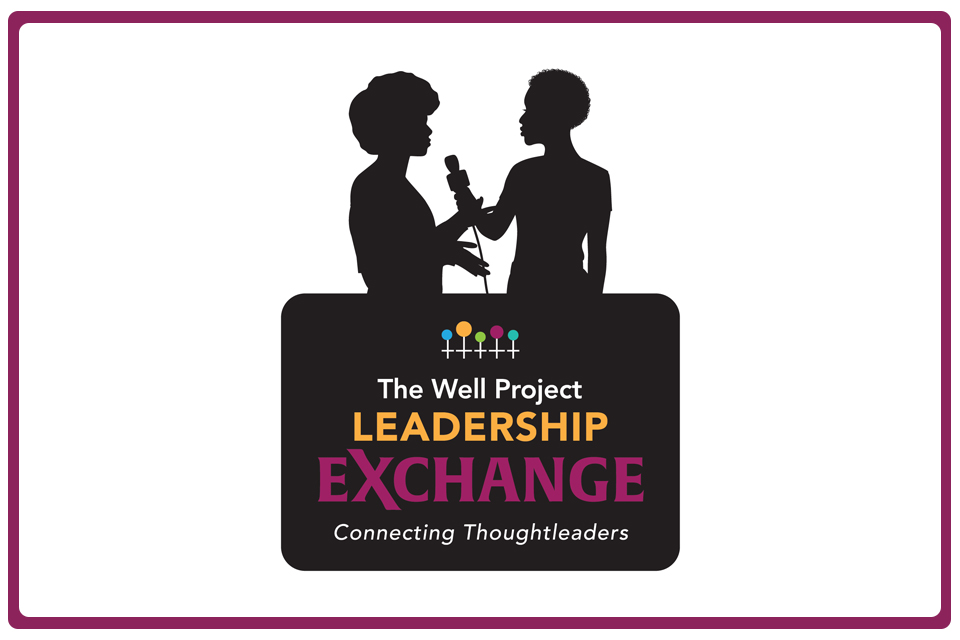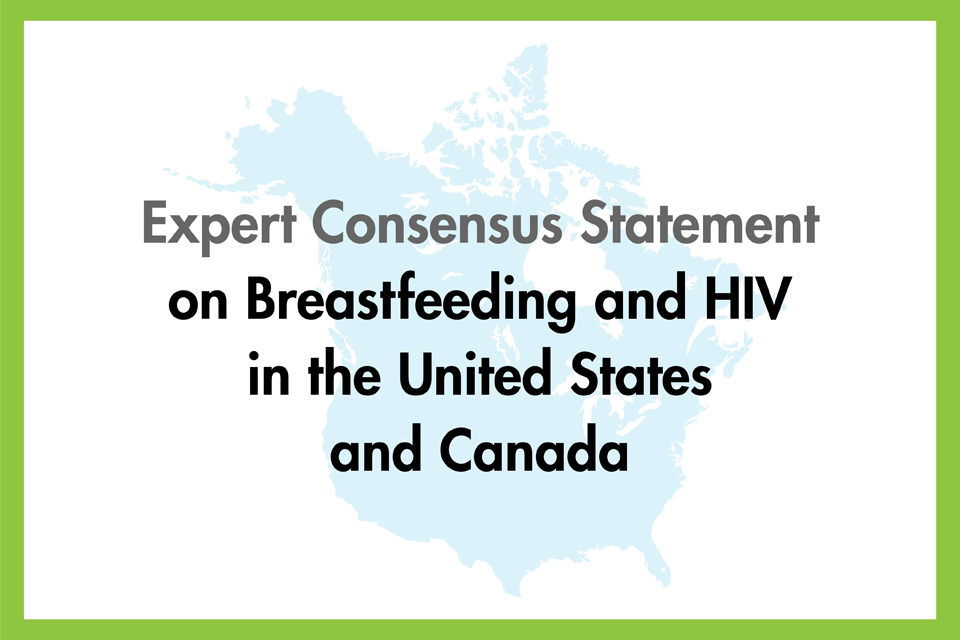Like so many others, the plans for the WRI 2020 convening were derailed by COVID-19 just weeks before we were scheduled to come together. While our annual meeting is usually a primary focus for the WRI, in 2020 we redirected our efforts into ongoing WRI programming that optimized the expertise of WRI members, advanced important issues, and identified gaps related to women and HIV research. We approached our WRI 2020 efforts in consultation (and ongoing communication) with the WRI advisory board and with an approach that was flexible, thoughtful, creative, and responsive to community needs.
As a result, our WRI 2020 report looks different than most years but we are proud of the ways in which we were able to nimbly respond to the unprecedented challenges that 2020 has presented.
-
AIDS 2020 and HIV2020: The International AIDS Conference is always an important meeting for the WRI, providing an opportunity for networking and learning. With both conferences taking place virtually, we aimed to bring important content related to women to those community members who were unable to attend. Original content included Visibility Matters: HIV Community Experts on the Presence of Trans and Cis Women at AIDS 2020, in which we asked meeting attendees (including a number of WRI members): "When it comes to cis and trans women, what did you find most important, compelling, and/or interesting at AIDS 2020?" We also published Gender, Pleasure, Advocacy, and More: Recaps from AIDS 2020, a compilation of summaries of interest to our community.
- Leadership Exchange: As conferences went virtual, we sought novel opportunities to facilitate connection among WRI members and
others in our community. This summer, we launched The Well Project Leadership Exchange, a new series connecting thoughtleaders in the HIV community to explore one another’s work, activism, and personal experiences. This series brings together cis and trans women and others who uplift women's voices across the HIV community in dialogue. Interviews (including many WRI members) have addressed topics as varied as the HIV safety net, youth, mentoring, self-care, basic science, and community outreach.
- Breastfeeding Among Women Living with HIV: We convened a multi-disciplinary, multi-sectoral group of 23 experts from the
United States and Canada to identify and discuss the top priorities to ensure that parents living with HIV are able to make the best infant-feeding decisions for themselves and their babies. We published the resulting Expert Consensus Statement on Breastfeeding and HIV in the United States and Canada, which calls for parents living with HIV to have access to the information, support, and tools they need to make informed infant-feeding decisions. We have circulated a sign-on letter encouraging others to endorse the statement.
- WRI Member Engagement: We have conducted ongoing calls/virtual meetings with various members of our WRI membership and provided regular updates to our WRI members’ list to ensure that we continue to address the needs of the community.
- WRI Showcase (in progress): We are creating a multi-media showcase that highlights the work of the WRI over the last nearly two decades. It is designed to highlight our accomplishments and also the WRI as a model for multi-sectoral, multi-disciplinary collaboration. First steps have included the development, dissemination, and analysis of a survey to members and attendees who have been part of the WRI since 2003; development of technical infrastructure; and creation of design elements.
The WRI 2020 received sponsorship support or grants from Gilead, Janssen, Merck, and ViiV Healthcare.







